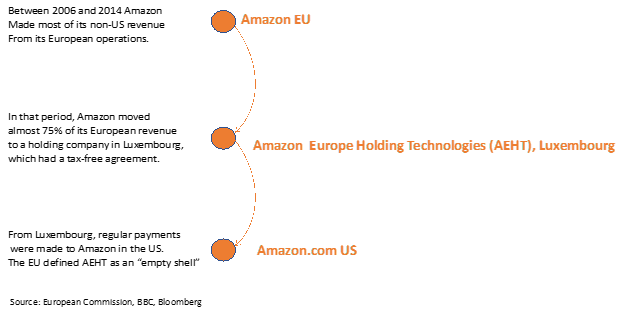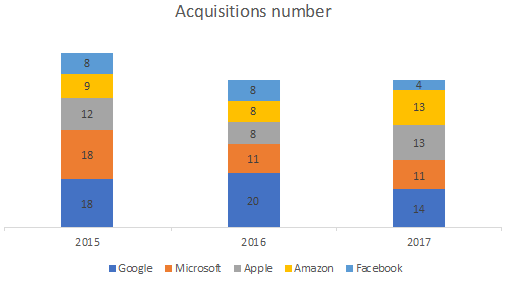
Article: Base Erosion and Profit Shifting (BEPS)
28.08.2020Introduction It was Benjamin Franklin who famously opined that “nothing can be said to be certain, except death and taxes.” And, as he might have gone on to say, human beings try desperately to avoid both of these certainties. Tax avoidance (legal) and tax evasion (illegal) are as old as the concept of taxation itself. But in the digital world, especially for global digital service providers, avoiding taxes has become a lot easier. Regulators and tax authorities are now trying to catch up. Why is BEPS a problem? The Organisation for Economic Co-operation and Development (OECD) defines base erosion and…
Read »
